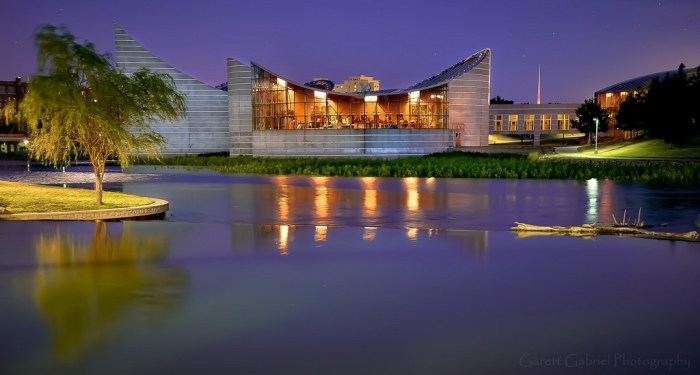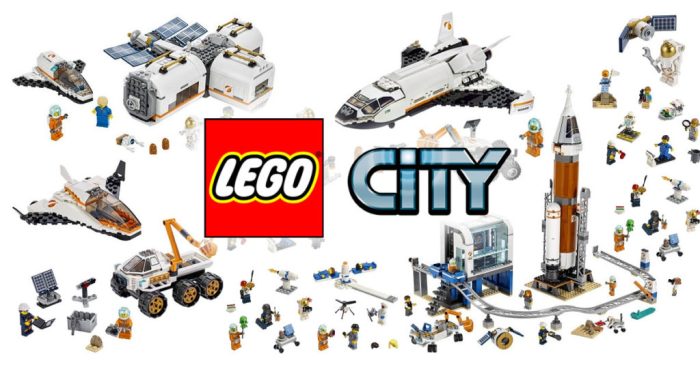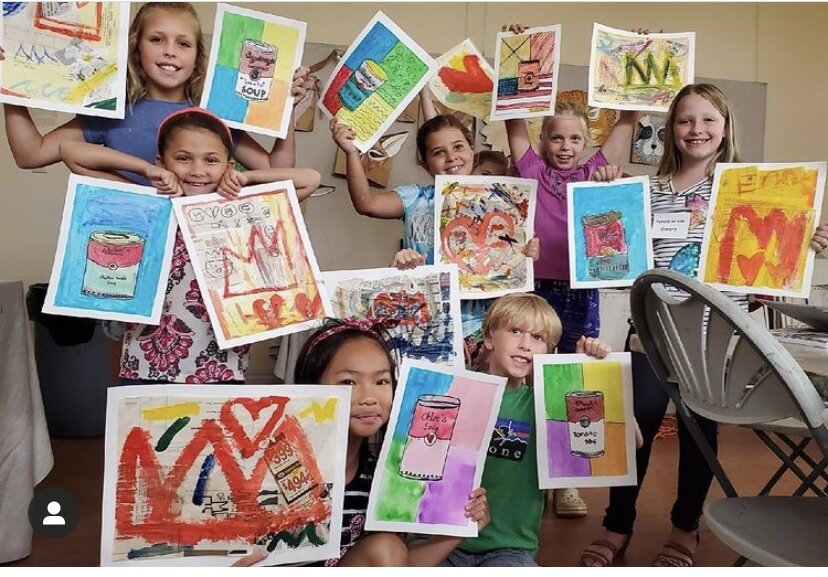Student exploration summer and winter is an immersive and transformative experience that offers unparalleled opportunities for personal growth, academic enrichment, and career exploration. Embarking on summer and winter exploration programs, students delve into hands-on research, internships, and experiential learning adventures that broaden their horizons and ignite their passions.
Throughout this comprehensive guide, we will explore the benefits, challenges, and best practices associated with student exploration during both summer and winter seasons. By providing detailed examples, insights from experts, and practical advice, we aim to empower students and educators to design and implement impactful exploration programs that maximize student learning and success.
Summer Student Exploration

Summer student exploration programs provide unique opportunities for students to engage in hands-on learning, develop their research skills, and expand their knowledge beyond the traditional classroom setting. These programs typically offer immersive experiences in various disciplines, including science, engineering, technology, and the arts.
Summer exploration programs offer several benefits to students, including:
- Enhanced understanding of a particular field of study
- Development of critical thinking and problem-solving skills
- Hands-on experience with cutting-edge technologies and methodologies
- Exposure to different career paths and professionals
- Increased self-confidence and independence
Mentors and supervisors play a crucial role in summer exploration programs by providing guidance, support, and expertise to students. They help students develop their research skills, navigate the research process, and ensure their safety and well-being.
Winter Student Exploration
Winter student exploration programs offer unique opportunities for students to engage in hands-on learning and research in winter environments. These programs typically focus on topics such as environmental science, ecology, climate change, and polar studies.
Winter exploration programs offer several benefits to students, including:
- Exposure to unique and challenging winter environments
- Development of skills in winter survival and field research
- Understanding of the impact of climate change on winter ecosystems
- Increased appreciation for the beauty and fragility of winter landscapes
Winter exploration programs present unique challenges, such as extreme cold, limited daylight, and difficult terrain. However, these challenges also provide students with valuable opportunities to develop resilience, adaptability, and problem-solving skills.
Student Exploration Program Design

Successful student exploration programs require careful planning and design. Key components include:
| Component | Description |
|---|---|
| Program Objectives | Clearly defined goals and outcomes for the program |
| Student Selection | Criteria for selecting students who are well-suited for the program |
| Mentorship and Supervision | Experienced mentors and supervisors who provide guidance and support |
| Research Projects | Well-designed research projects that align with the program objectives |
| Safety and Logistics | Comprehensive safety protocols and logistical arrangements |
| Evaluation and Assessment | Methods for evaluating the effectiveness of the program and student learning |
Best practices for planning and implementing student exploration programs include:
- Partnering with universities, research institutions, and industry leaders
- Providing opportunities for students to present their research findings
- Creating a supportive and inclusive environment for all students
- Ensuring that programs are aligned with educational standards and curriculum
A sample schedule for a student exploration program could include:
- Orientation and safety training
- Research project planning and implementation
- Fieldwork and data collection
- Data analysis and interpretation
- Presentation of research findings
Student Exploration Program Evaluation

Evaluating the effectiveness of student exploration programs is essential for continuous improvement and accountability. Metrics for evaluation include:
- Student learning outcomes
- Skill development
- Career impact
- Program satisfaction
Collecting feedback from students and mentors is crucial for evaluating the program’s strengths and weaknesses. Surveys, focus groups, and interviews can provide valuable insights.
Evaluation results should be used to inform future program planning and implementation. This includes making adjustments to program objectives, research projects, and mentorship support.
Student Exploration Program Funding: Student Exploration Summer And Winter
Funding for student exploration programs can come from various sources, including:
- Government grants
- University endowments
- Corporate sponsorships
- Private donations
Securing funding requires careful planning and proposal writing. It is important to demonstrate the program’s educational value, research potential, and impact on students.
Different funding models for student exploration programs include:
| Model | Description |
|---|---|
| Full Funding | Programs that cover all expenses for students, including tuition, housing, and travel |
| Partial Funding | Programs that cover some expenses, such as tuition or housing |
| Work-Study | Programs that provide students with paid work opportunities to offset program costs |
Question Bank
What are the benefits of student exploration programs?
Student exploration programs offer numerous benefits, including enhanced critical thinking skills, increased confidence and independence, expanded knowledge and skills, and a deeper understanding of career paths.
What types of summer exploration programs are available?
Summer exploration programs vary widely, but common types include research internships, field studies, service-learning projects, and international study tours.
How can students find funding for exploration programs?
Students can explore various funding sources, such as scholarships, grants, university funding, and crowdfunding platforms.